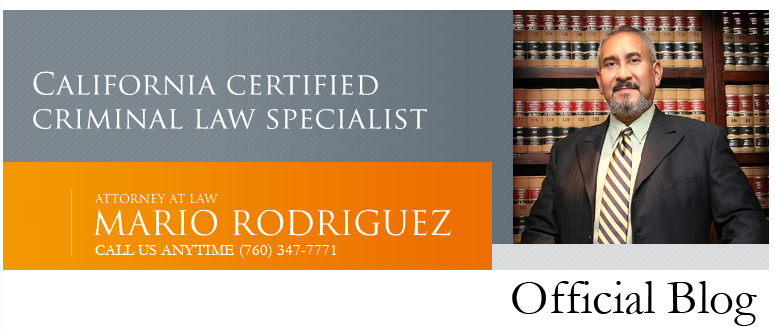Many criminal defense attorneys in California believe that the California state courts have resisted following United States Supreme Court precedent which protects the rights of criminal defendants. Recently, though, a California appeals court had no choice but to follow precedent when dealing with the Confrontation Clause.
First, some background, though.
In 2004, the United States Supreme Court issued a landmark decision that reformulated the standard for determining when the admission of hearsay statements in criminal cases is permitted under the Confrontation Clause of the Sixth Amendment to the United States Constitution. Crawford v. Washington, 541 U.S. 36 (2004).
The Confrontation Clause of the Sixth Amendment (applicable to the States through the Fourteenth Amendment) provides: “In all criminal prosecutions, the accused shall enjoy the right… to be confronted with the witnesses against him.”
The purpose of the Confrontation Clause is to determine whether a witness is telling the truth, usually by requiring the prosecution to present the witness before the trier of fact, i.e., the jury, so that the accused can confront and cross-examine the witness. For many years prior to Crawford, the controlling standard for admitting statements that unavailable witnesses made to other persons was that of Ohio v. Roberts, 448 U.S. 56 (1980). According to the Roberts Court, if a witness is unavailable, that witnesses’ testimony can be admitted through a third person if it bears “adequate indicia of reliability” falling within a “firmly rooted hearsay exception” or has “particularized guarantees of trustworthiness."
In Crawford v. Washington, supra, the United States Supreme Court changed all that and held that the use of a spouse's recorded statement made during police interrogation violated the defendant's Sixth Amendment right to be confronted with the witnesses against the defendant where the spouse, because of the state law marital privilege, did not testify at the trial.
The Crawford decision had a profound effect upon the ability of prosecutors to prove their cases through the use of evidence which had previously been admissible via various exceptions to the hearsay rule, allowed by Roberts. Crawford explicitly states that any out-of-court statement that is "testimonial" in nature is not admissible, unless the declarant is unavailable to testify in court, and the defendant has had a prior opportunity to cross-examine him or her.
Last year, the United States Supreme Court, expanding the Crawford decision, held that a state forensic analyst's laboratory report prepared for use in a criminal prosecution is "testimonial" evidence subject to the demands of the Sixth Amendment's Confrontation Clause as set forth in Crawford v. Washington. Melendez-Diaz v. Massachusetts (2009) 557 U.S. __ [129 S.Ct. 2527, 174 L.Ed.2d 314]
In an important California decision issued on February 24, 2009, the Fourth District Court of Appeal followed Crawford and Melendez-Diaz and issued an opinion holding that in a prosecution for possession of a controlled substance, the laboratory report of the substance is testimonial, such that the defendant has a Sixth Amendment right to confront the actual analyst who performed the analysis and completed the report. People v. Benitez (2010) Feb 24, G041201.
In Benitez, appellant was charged with possession of methamphetamine and at the jury trial, the supervisor of the analyst who analyzed the controlled substance testified as to the contents of the report prepared by the analyst. The supervisor did not take part in the analysis or observe the procedure. A single-page document (the RFA), containing chain of custody information and identifying the submitted substance as containing methamphetamine, was introduced.
Initially, the court affirmed the judgment, finding no Sixth Amendment violation. However, the California Supreme Court granted review and directed the appellate court to reconsider in light of Melendez-Diaz v. Massachusetts, supra.
On remand from the California Supreme Court, the Court of Appeal reconsidered and agreed that the report was testimonial as it was used against appellant to establish an element of the offense and the analyst prepared it knowing its sole purpose was criminal prosecution. The court rejected the prosecution’s argument that the existence of an established hearsay exception, such as a business record exception, created an exception to confrontation clause requirements.
This is a case which will help persons accused of crimes require the prosecution to present live witnesses instead of reports to prove a critical element of the offense in drug cases, and in other cases.

No comments:
Post a Comment